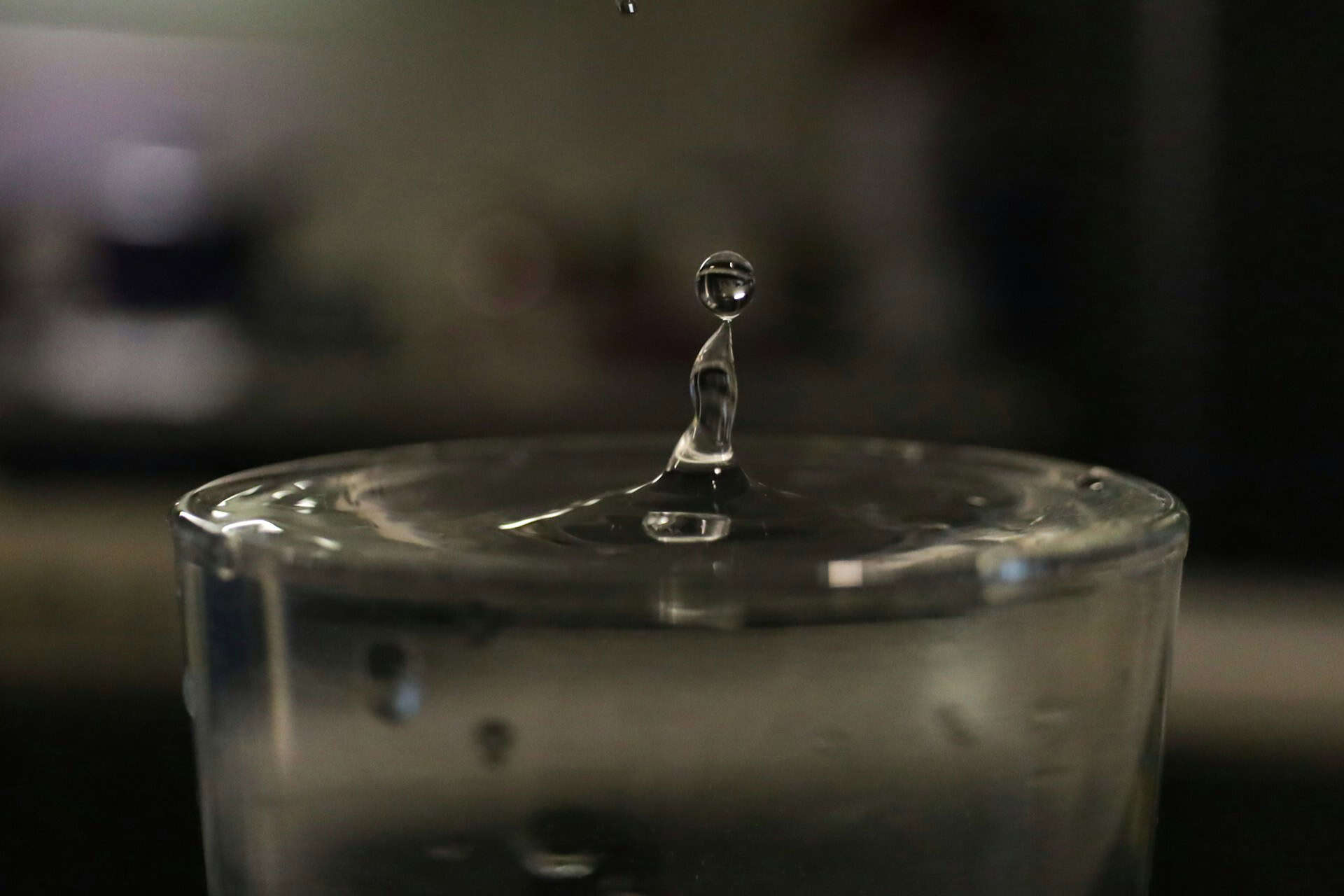
Question: Should I Use Distilled Water in My Steam Oven?
Answer: Yes, you Should I use distilled water in your steam oven. It minimizes mineral buildup, prolonging the life of your oven and maintaining optimal steam production.
Understanding Steam Oven Water Requirements
Steam ovens offer a healthy and flavourful way to cook food. Many people wonder about the best water to use in these appliances. This article explores the question: Should I use distilled water in my steam oven? We’ll examine the benefits and drawbacks of using distilled water, tap water, and filtered water. This information will help you make the best choice for your steam oven and cooking needs.
We’ll cover the science behind steam ovens, the effects of different water types, and practical tips for maintenance. This guide provides clear and simple answers to common questions. It helps you optimize your steam oven’s performance and longevity while ensuring delicious meals.
Advantages and Disadvantages
Distilled water lacks minerals. This absence of minerals reduces scale buildup inside your steam oven. Scale can affect your oven’s efficiency over time.
However, distilled water can be expensive compared to tap water. Producing distilled water also requires energy. Some argue that using distilled water is unnecessary for most steam ovens.
Distilled water may also corrode the heating elements inside your steam oven. They tend to leach metal ions from any surface in contact with the water due to the lack of ions.
Click here to read more about Blue Kitchen Refacing
Related Article: Can You Use a Steam Oven as a Regular Oven?
Related Article: Where Does the Water Go in a Steam Oven?
Filtered Water: A Balanced Approach
Filtered water offers a compromise between tap water and distilled water. Filters remove some minerals and impurities from tap water, reducing the risk of limescale.
Filtered water costs less than distilled water and is more environmentally friendly. It reduces the need for plastic bottles associated with purchasing distilled water.
Different filter types offer varying levels of mineral removal. Choose a filter that effectively reduces hardness while retaining essential minerals.
Maintaining Your Steam Oven for Optimal Performance
Regular cleaning is essential for maintaining your steam oven. Regardless of the water type you choose, clean your oven regularly to prevent limescale and other residue buildup.
Consult your steam oven’s manual for specific cleaning instructions. Many ovens have descaling programs that simplify the cleaning process.
Emptying the water tank after each use and wiping down the interior helps maintain hygiene and prevents mould growth. Regularly inspect the water inlet filter and clean it if necessary.
Exploring the Impact of Water on Food Flavour
While the type of water primarily affects your steam oven’s maintenance, some believe it impacts food flavour. Some chefs argue that minerals in tap water enhance the taste of steamed vegetables.
Others prefer the neutral taste of distilled water, believing it allows the food’s natural flavours to shine. The difference in taste is often subtle and subjective.
Ultimately, the impact of water on flavour is a matter of personal preference. Experiment with different water types to see which one you prefer.
Making the Right Choice for Your Steam Oven
The best water for your steam oven depends on your priorities and local water conditions. If you live in an area with hard water, filtered or distilled water can help prevent limescale.
If you prioritize convenience and cost-effectiveness, tap water may be suitable. However, you’ll need to clean your oven more frequently to prevent limescale buildup.
Consider the frequency of use and your budget when making your decision. Regular maintenance, regardless of water type, is crucial for extending the life of your steam oven.
Ultimately, choosing the right water for your steam oven involves balancing convenience, cost, and maintenance. By understanding the advantages and disadvantages of each type of water, you can make an informed decision.
Conclusion
Using distilled water in your steam oven is generally recommended to minimize mineral buildup and prolong the appliance’s life. However, filtered water can also be a good option, offering a balance between convenience and maintenance.
By understanding the impact of water on your steam oven’s performance and longevity, you can make the best choice for your needs and enjoy delicious, healthy meals.

Blue Malue Get in touch with Blue here.
